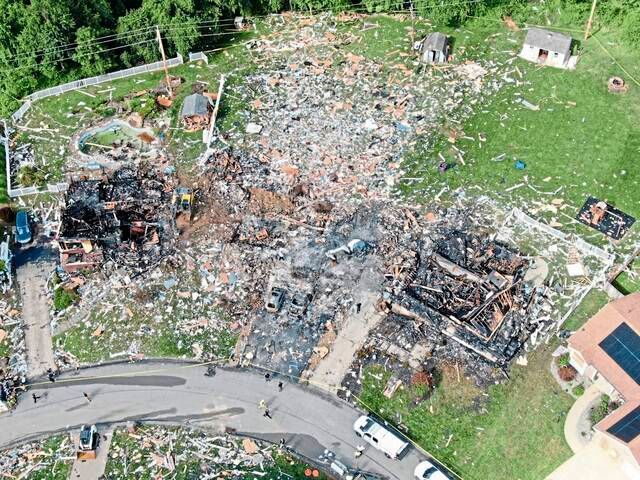Natural Gas at Home:
Safety & Prevention
Do YOU have killer gas?
While natural gas is widely used for heating, cooking, and powering appliances in many homes, it poses significant dangers if not handled properly. One of the primary risks is gas leaks, which can occur due to faulty appliances, damaged pipelines, or improper installation.
Natural gas leaks are highly flammable and can lead to fires or explosions, putting both property and lives at risk. Additionally, natural gas emits carbon monoxide, a colorless and odorless gas that can be deadly if inhaled in high concentrations. Without proper ventilation or detection systems, carbon monoxide poisoning can occur, leading to symptoms ranging from headaches and dizziness to unconsciousness and death.
Therefore, it's crucial for homeowners to prioritize regular maintenance of gas appliances, install carbon monoxide detectors, and promptly address any suspected gas leaks to mitigate these dangers. For the ultimately cautious homeowner, we suggest capping your natural gas line and moving to all electric appliances.
Shocking Before and After Photos of Blast that Claimed 6 Lives in Pennsylvania
Three homes were obliterated by a Natural Gas leak in Plum, Pennsylvania in late August of 2023. Six lives were tragically lost, and a community was left reeling. Yet around the country this occurrence is not as uncommon as you might think.
Recent data compiled by the U.S. Public Interest Research Group shows that between 2010 and 2021, the United States experienced 2,595 serious natural gas incidents which killed 122 people and injured several hundred more.
Natural Gas pipelines run from coast to coast delivering gas to homes and businesses. But many consumers opt into gas delivery without fully understanding the associated risks.




